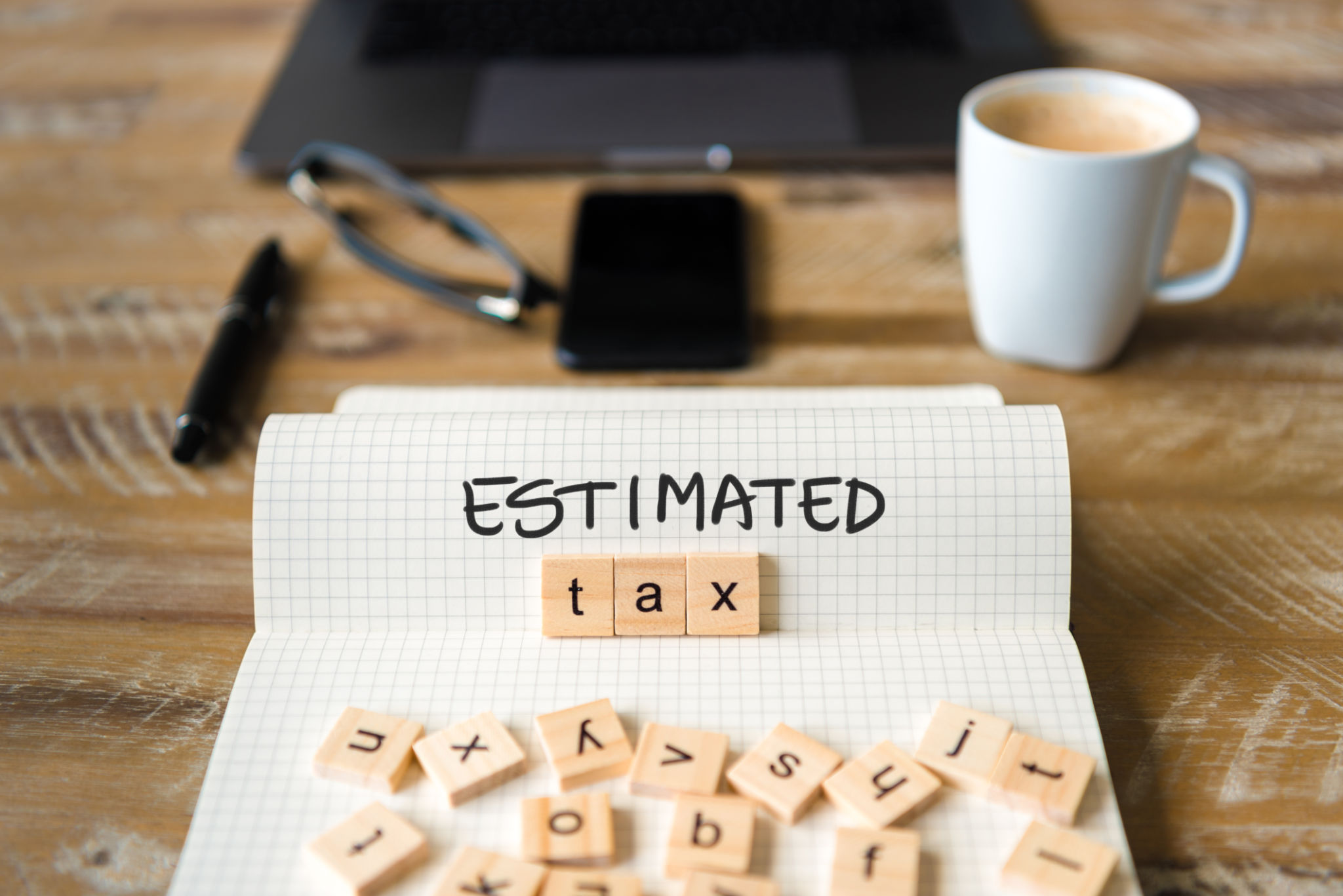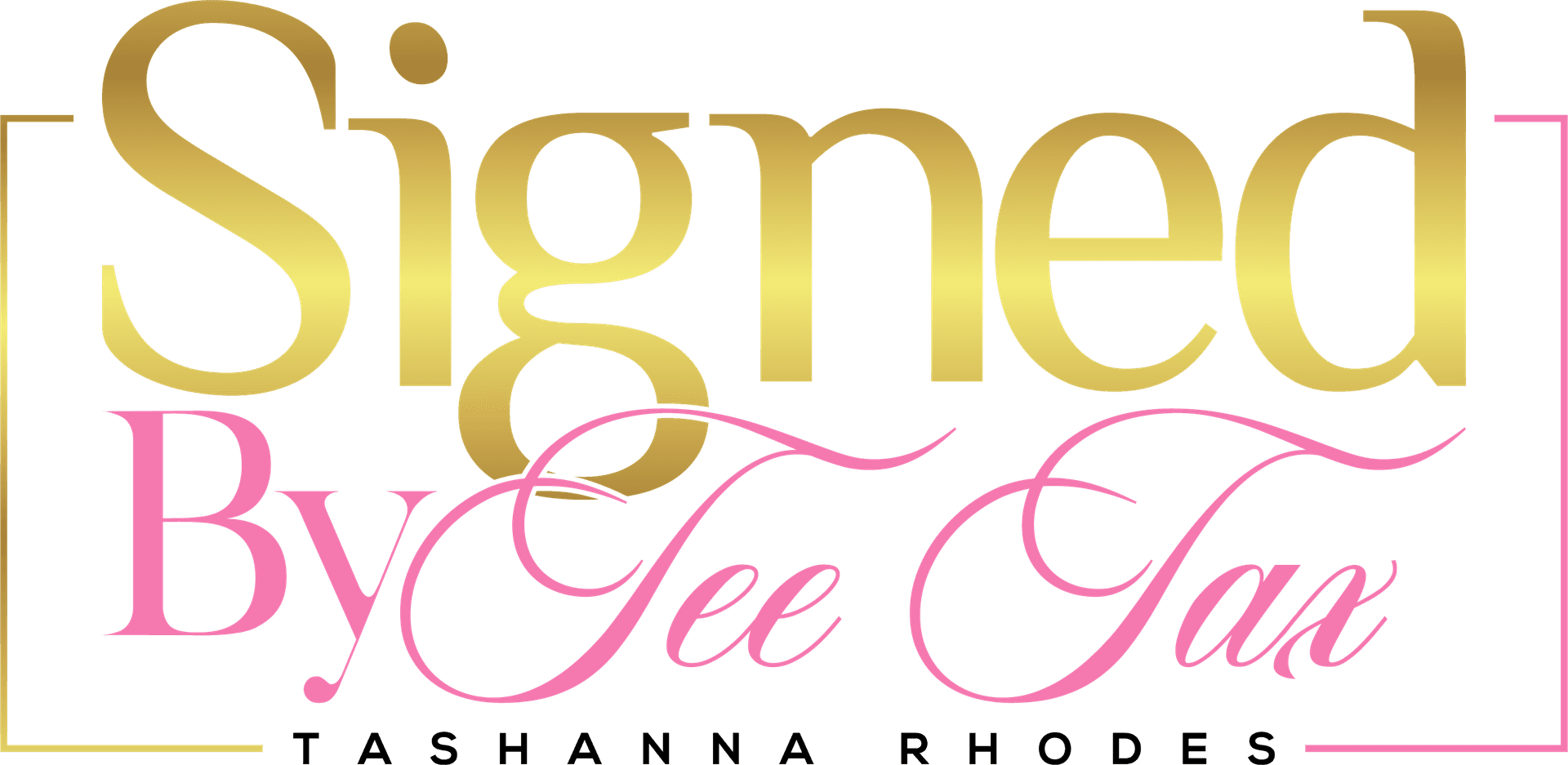Tax Planning for Freelancers: Essential Tips and Tricks
Understanding Your Tax Obligations
As a freelancer, one of the most critical aspects of managing your business is understanding your tax obligations. Unlike traditional employees, freelancers are responsible for handling their own taxes, which can be a daunting task. It's essential to know the types of taxes you need to pay, including income tax, self-employment tax, and possibly state and local taxes.
Income tax is calculated based on your net earnings, while self-employment tax covers Social Security and Medicare contributions. Keeping track of these taxes is crucial to avoid any unpleasant surprises come tax season.

Organizing Your Financial Records
Proper record-keeping is the foundation of effective tax planning for freelancers. Keep detailed records of all your income and expenses throughout the year. This includes invoices, receipts, bank statements, and any other documentation related to your business transactions.
Using accounting software can simplify this process and help you stay organized. Many freelancers find it beneficial to separate their personal and business finances by opening a dedicated business bank account. This separation makes it easier to track business-related expenses and ensures you don't miss out on any potential deductions.
Taking Advantage of Deductions
One of the perks of being a freelancer is the ability to deduct various business expenses from your taxable income. Common deductions include home office expenses, travel expenses, office supplies, and professional services such as accounting and legal fees. It's important to keep thorough records and receipts for all deductible expenses to substantiate your claims in case of an audit.

Home Office Deduction
If you work from home, you may be eligible for a home office deduction. To qualify, you must use a portion of your home exclusively for business purposes. The deduction can be calculated using the simplified method, which is based on the square footage of your home office, or the regular method, which involves calculating actual expenses.
Paying Estimated Taxes
Unlike traditional employees who have taxes withheld from their paychecks, freelancers must make estimated tax payments throughout the year. The IRS requires quarterly payments, typically due in April, June, September, and January. Failing to make these payments can result in penalties and interest charges.
To calculate your estimated taxes, use Form 1040-ES, which includes a worksheet to help you determine the amount you owe. It's a good practice to set aside a portion of your income each month to cover these payments.

Consulting a Tax Professional
Tax planning can be complex, and seeking professional advice can be invaluable. A tax professional, such as a CPA or an enrolled agent, can help you navigate the intricacies of the tax code, identify potential deductions, and ensure you're compliant with all tax regulations. They can also assist with tax preparation and filing, saving you time and reducing the risk of errors.
Investing in professional tax services can ultimately save you money by optimizing your tax strategy and helping you avoid costly mistakes.
Staying Informed About Tax Law Changes
Tax laws are constantly evolving, and staying informed about changes that may affect your freelance business is crucial. Subscribe to tax newsletters, follow reputable tax blogs, and consider joining professional organizations that provide updates on tax-related matters.
Being proactive and staying informed can help you adapt to new regulations and take advantage of any new tax benefits that may become available.

Conclusion
Effective tax planning is essential for freelancers to manage their finances and avoid potential pitfalls. By understanding your tax obligations, organizing your financial records, taking advantage of deductions, making timely estimated tax payments, consulting a tax professional, and staying informed about tax law changes, you can ensure a smoother tax experience and focus on growing your freelance business.
Remember, proactive tax planning not only helps you stay compliant but also maximizes your financial well-being.
